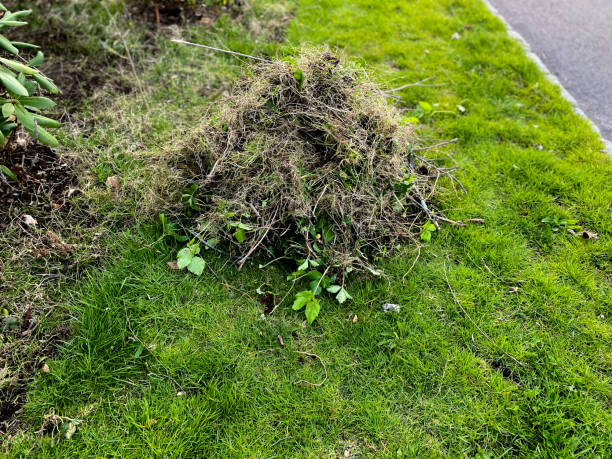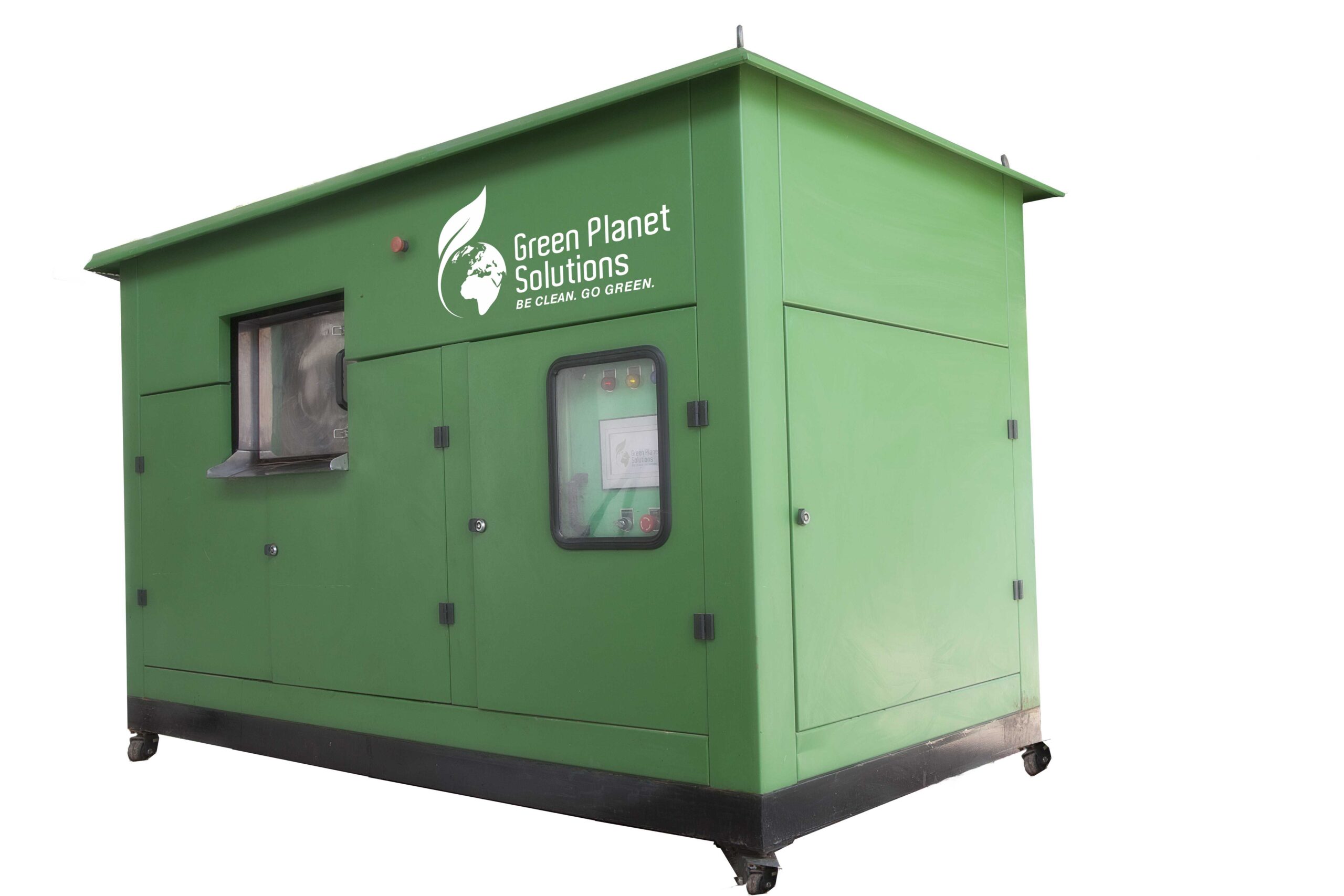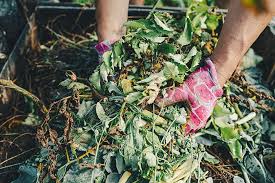Best Composting Machine for Apartments in India (Low Odour & Zero Pest Solutions)
Best Composting Machine for Apartments in India (Low Odour & Zero Pest)
India’s apartment complexes are facing a growing waste crisis. With rising municipal fines, stricter Solid Waste Management Rules, and increasing resident complaints about smell and pests, choosing the best composting machine for apartments in India (low odour & zero pest) has become a necessity—not an option.
At Green Planet Solutions Pune, we help housing societies, builders, and facility managers adopt reliable, odour-free, and pest-free composting solutions designed specifically for Indian apartment living.
🔍 Want the right composting solution for your apartment?
👉 Request a FREE Apartment Composting Assessment
Why Apartments in India Need Low Odour & Zero Pest Composting Machines
Indian apartments generate large volumes of wet waste daily. Traditional compost pits often lead to:
- Strong foul odour
- Flies, rodents, and cockroach infestation
- Resident complaints and hygiene issues
- Non-compliance penalties from local authorities
The best composting machine for apartments in India (low odour & zero pest) is designed to solve these problems using controlled aeration, microbial treatment, and enclosed processing.

Target Audience & Buyer Intent
This guide is written for:
- Housing societies & RWAs
- Apartment builders & developers
- Facility & property managers
- Urban residential communities
The intent is clear: buyers actively searching for a proven, compliant, and maintenance-friendly composting machine.
Key Features of the Best Composting Machine for Apartments in India
1. Low Odour Composting Technology
Advanced composting machines use aerobic decomposition and bio-culture systems to ensure zero foul smell, even in enclosed apartment premises.
2. Zero Pest & Fly Control Design
Fully enclosed chambers prevent access to pests, rodents, and insects—making it ideal for dense residential environments.
3. Compact & Apartment-Friendly Size
The best composting machine for apartments in India is space-efficient and fits easily in basements, utility areas, or service zones.
4. Easy Operation & Low Maintenance
Minimal manual intervention, automated cycles, and easy daily operation ensure smooth adoption by housekeeping staff.

Types of Composting Machines Suitable for Apartments
- Organic Waste Composters (OWC)
- Automatic Composting Machines
- Mechanical Composters with Bio-Enzymes
Green Planet Solutions Pune recommends customized capacity-based machines depending on daily wet waste generation.
🏢 Confused about capacity & cost?
👉 Get a FREE Waste Audit for Your Apartment
Cost of Composting Machines for Apartments in India
The cost depends on:
- Daily waste quantity (50 kg to 500 kg)
- Automation level
- Installation & AMC requirements
While the upfront investment exists, apartments recover costs through:
- Reduced garbage transportation expenses
- Avoided municipal fines
- Reuse of compost for gardens
Why Choose Green Planet Solutions Pune?
We are a trusted organic waste management solutions provider in India, delivering:
- Proven low odour & zero pest composting machines
- Customized apartment solutions
- Installation, training & AMC support
- Compliance with SWM Rules 2016
🌐 Visit our website: www.thegreenplanetsolutions.com
📲 Follow us on all social media platforms for live projects & success stories.
♻ Ready to make your apartment zero-waste?
👉 Schedule a Composting Demo Now
Internal & External Linking Strategy
Internal Links:
- Organic Waste Management Solutions
- Commercial Composting Machines
- Housing Society Composting Projects
External Links:
- Solid Waste Management Rules 2016 (Govt. of India)
- Swachh Bharat Mission guidelines
📩 Looking for the best composting machine for apartments in India?
👉 Get Expert Consultation from Green Planet Solutions Pune
Conclusion
Choosing the best composting machine for apartments in India (low odour & zero pest) is the smartest step toward compliance, sustainability, and resident satisfaction.
With Green Planet Solutions Pune, your apartment can transform wet waste into value—cleanly, safely, and efficiently.












